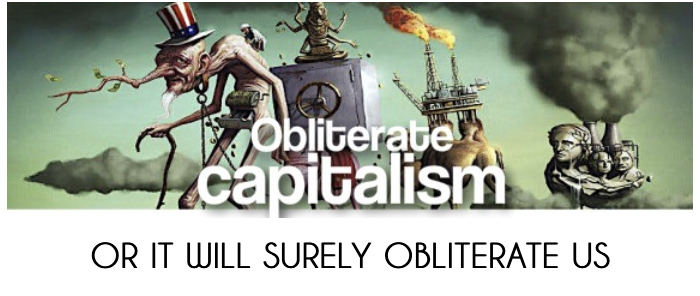Why English Needs to Be Taught in All Elementary Schools in China and Russia
Eric Zuesse
CROSSPOSTED WITH THE DURAN

Early Japanese and Chinese typewriters, besides being huge, by Western standards, were also impossibly complex to master due to the multitude of symbols they used to represent concepts, not sounds.

That’s because of foreign trade, and because children learn a foreign language far faster than teenagers or adults do. They can and do even simultaneously learn multiple languages fast and easily. (Of course: they can learn lots of things faster than adults can, but ESPECIALLY languages.) And it’s also because, while Russian is an exceptionally difficult language to learn, Chinese is considerably more difficult even than that; and, as a written language, it has no alphabet but instead over 3,000 written characters, so is out into the stratosphere in its difficulty. The Chinese language is clearly holding China back; but that won’t continue to be true if English, which already is the world’s #2 language, becomes taught to all Chinese children as a second language, which therefore must be done as soon as possible: English must become officially a core subject in all Chinese elementary schools, and especially in pre-schools. Nor is the Russian language much better; but, there, too, it won’t be a problem if English becomes a core subject taught there, too, in all elementary and pre-schools.
International trade and commerce are destined to be done worldwide in the most widespread of the simplest languages, which will become the second language (as English already happens to be) and as English increasingly becomes the main language that will be taught around the world, as being THE language in which international trade will be transacted. The dollar as the reserve currency will become a thing of the past, but English as the global language of commerce will be the wave of the future.
English is difficult for adults to learn.)
NOTE: The above is a good historical overview of the development of more efficient ways to write Chinese on typewriters and computers. The video is, however, occasionally marred by slight anti-Beijing innuendos common in the Western imperialist disinformation narrative.
The world’s #2 language is English. 15.14% of the world’s population can speak and understand English. Those people are spread widely around the world. If someone can’t understand English there, they, already, likely can find someone nearby who can.
The world’s #3 language, Spanish, is spoken and understood by only 7.2%. That is the only real competitor to English to teach worldwide as being the language of commerce.
And, of course, a language that has no alphabet but instead 3,000 written characters, will not be that.
Right now, fewer than 1% of Chinese can speak Russian, and fewer than 1% of Russians can speak Chinese. Obviously, therefore: increasing commerce between China and Russia will be enormously facilitated by having English as the second language in both countries. And, the benefits will be far larger than that, because English as the world’s second language and as the virtually official language of international commerce, will be vastly likelier than will be either Chinese or Russian as being that. What this will mean is that both China and Russia will be moving forward together into the future in which international commerce will again be rising, and rising on the basis of English as being the global second language, the language that will facilitate ALL international commerce, and that will do this more easily than will any other language.
Unless the leaders in both China and Russia can’t read the handwriting that’s already clearly on the walls of nature, there will be a huge increase soon in the numbers of people who will be teaching English to children in both countries. It’s a national — and a natural — imperative in both countries. It would build upon what already exists, to create something that will be significantly better.
Print this article

Unfortunately, most people take this site for granted.
DONATIONS HAVE ALMOST DRIED UP...
PLEASE send what you can today!
JUST USE THE BUTTON BELOW

[premium_newsticker id=”211406″]
![]() This work is licensed under a Creative Commons Attribution-NonCommercial 4.0 International License
This work is licensed under a Creative Commons Attribution-NonCommercial 4.0 International License
ALL CAPTIONS AND PULL QUOTES BY THE EDITORS NOT THE AUTHORS


